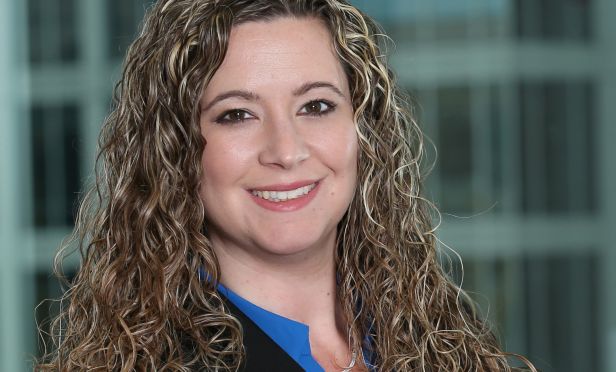
MIAMI—There's a right way and a wrong way to handle claims after a hurricane. The wrong way could land you in legal trouble.
GlobeSt.com caught up with Gina Clausen Lozier and Michael Higer, insurance litigation attorneys with Berger Singerman LLP representing policy holders, to get some answers in part one of this exclusive interview. You can still read part one: After Irma, When Will Insurers Pay Your Claims?
GlobeSt.com: Should I hire a public adjuster?
Lozier: During the insurance claim process, a public adjuster can serve a vital role as your advocate. Public adjusters are trained to assess the damage to a property, document the loss and communicate with the insurance company to effectuate a settlement of the claim.
A public adjuster can also serve to expedite the claim process as they are familiar with the various policy terms and conditions that the insurance company may rely on in adjusting a claim. Documenting both the physical and financial damages following Hurricane Irma can be overwhelming and the assistance of a public adjuster can assist in easing the burden by dealing directly with the insurance company on your behalf.
A public adjuster can bring value to any claim to ensure the most accurate claim payment is received however, the services of a public adjuster are often crucial to a complex commercial or business income loss. These losses require an in-depth understanding of the claims process and the tools that the insurance company may employ to gather information about the loss.
Commercial losses also require specific knowledge as to the types of coverage available including extra expenses and business interruption. As with any profession, it is important to review and discuss the qualifications of the public adjuster before executing a contract for services.
GlobeSt.com: Can a contractor handle my insurance claim for me?
Higer: It is a third-degree felony in Florida for anyone other than a licensed public adjuster, or attorney, to aid in any manner on behalf of an insured in negotiating for or effecting the settlement of an insurance claim. If a contractor approaches you and advises that they could “handle your insurance claim,” they may illegally be engaging in the practice of public adjusting and could be subject to arrest. Fla. Stat. §626.8738.
© 2025 ALM Global, LLC, All Rights Reserved. Request academic re-use from www.copyright.com. All other uses, submit a request to [email protected]. For more information visit Asset & Logo Licensing.







